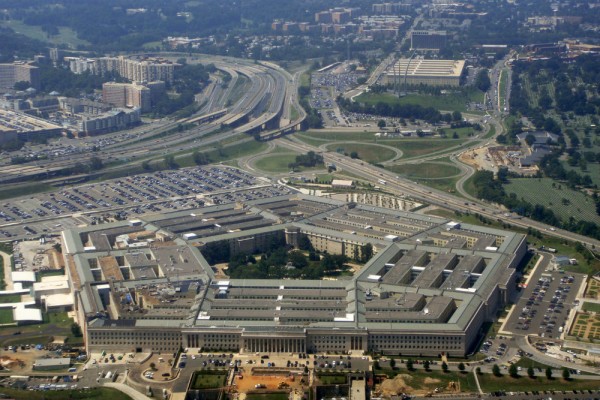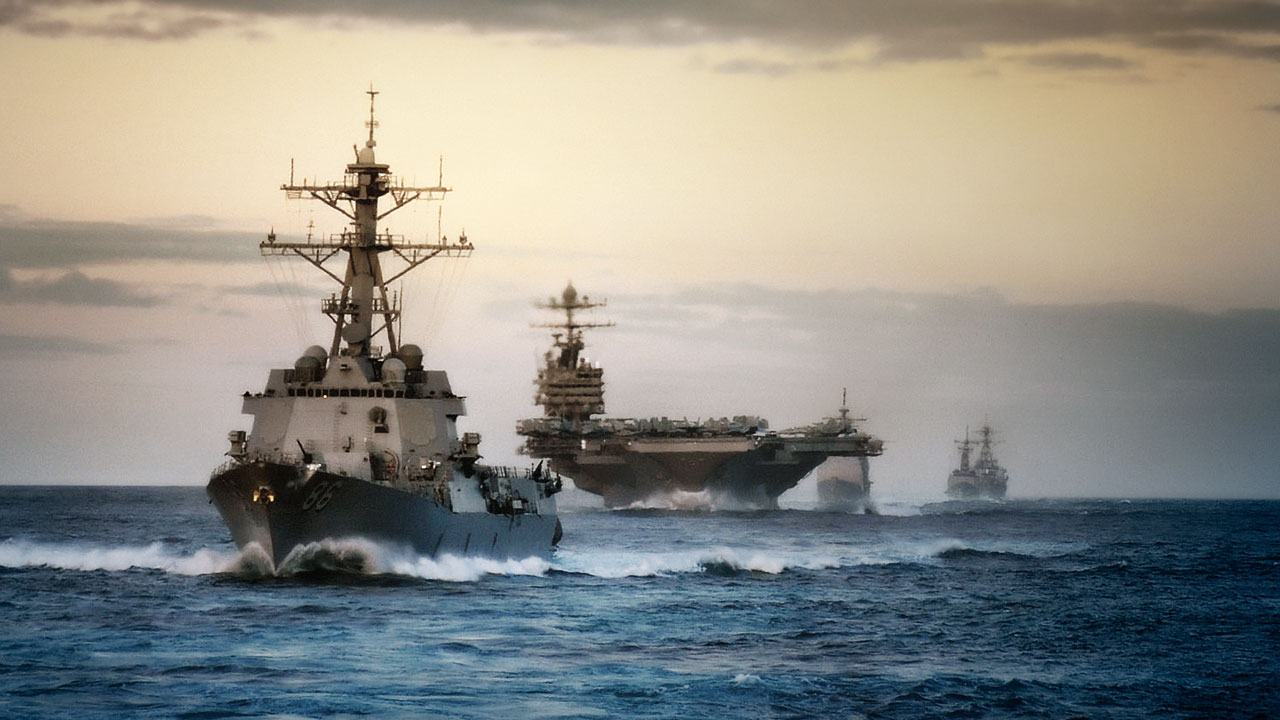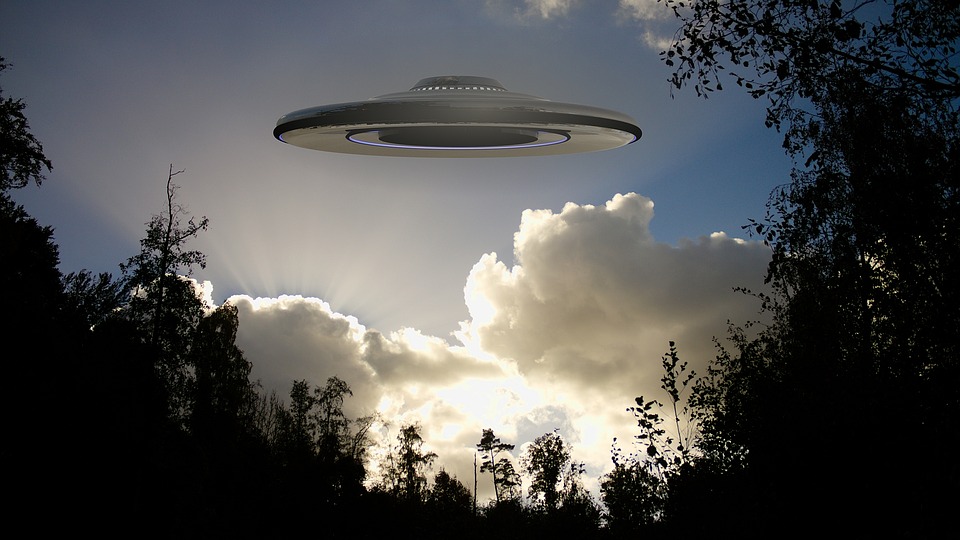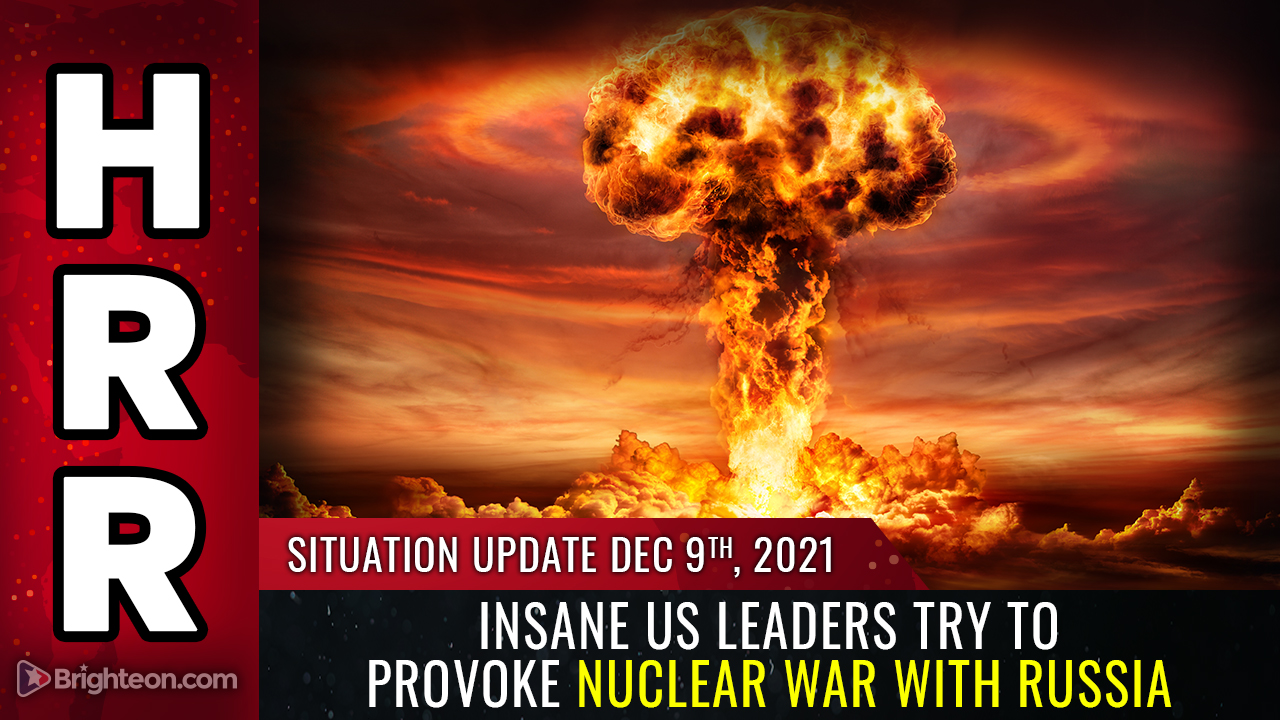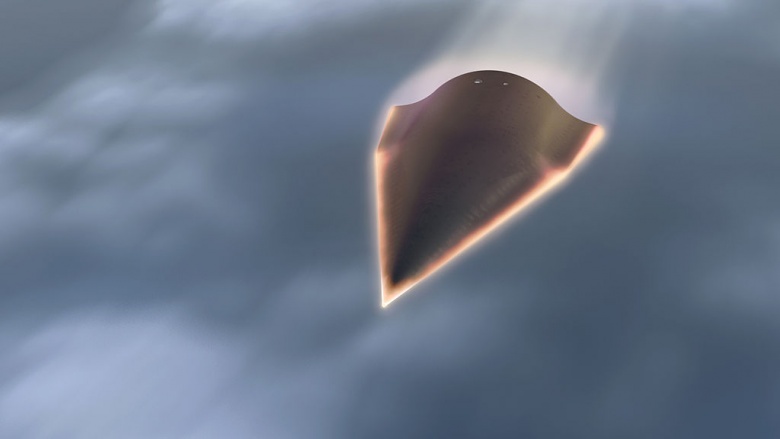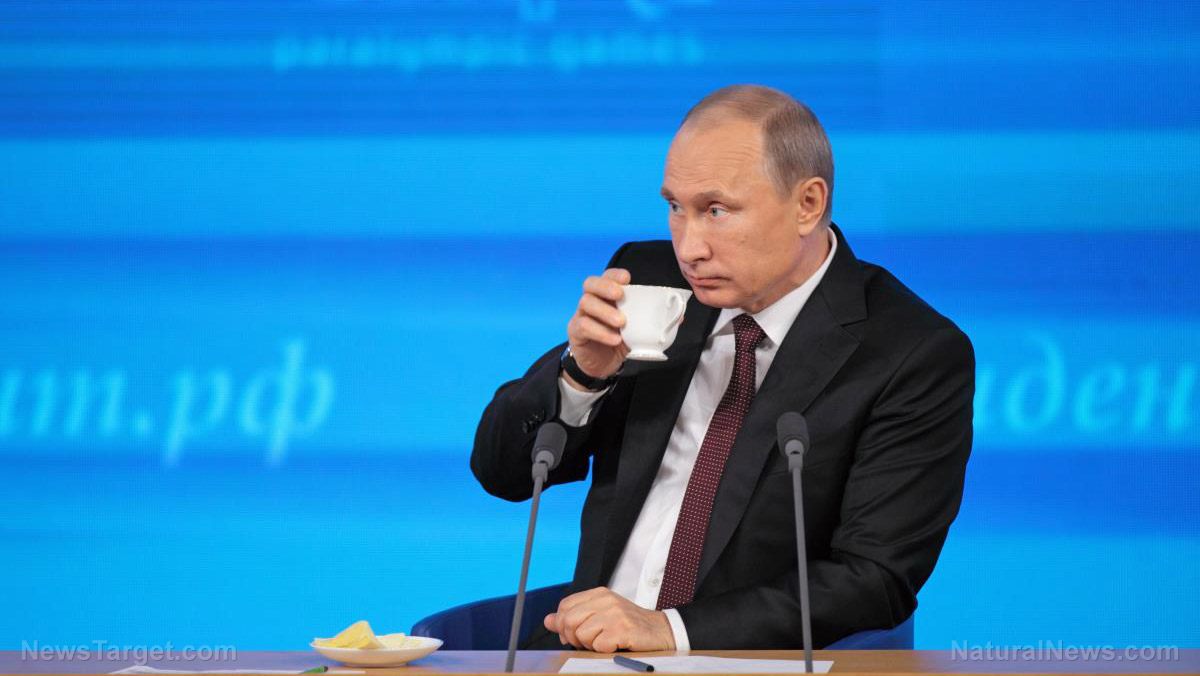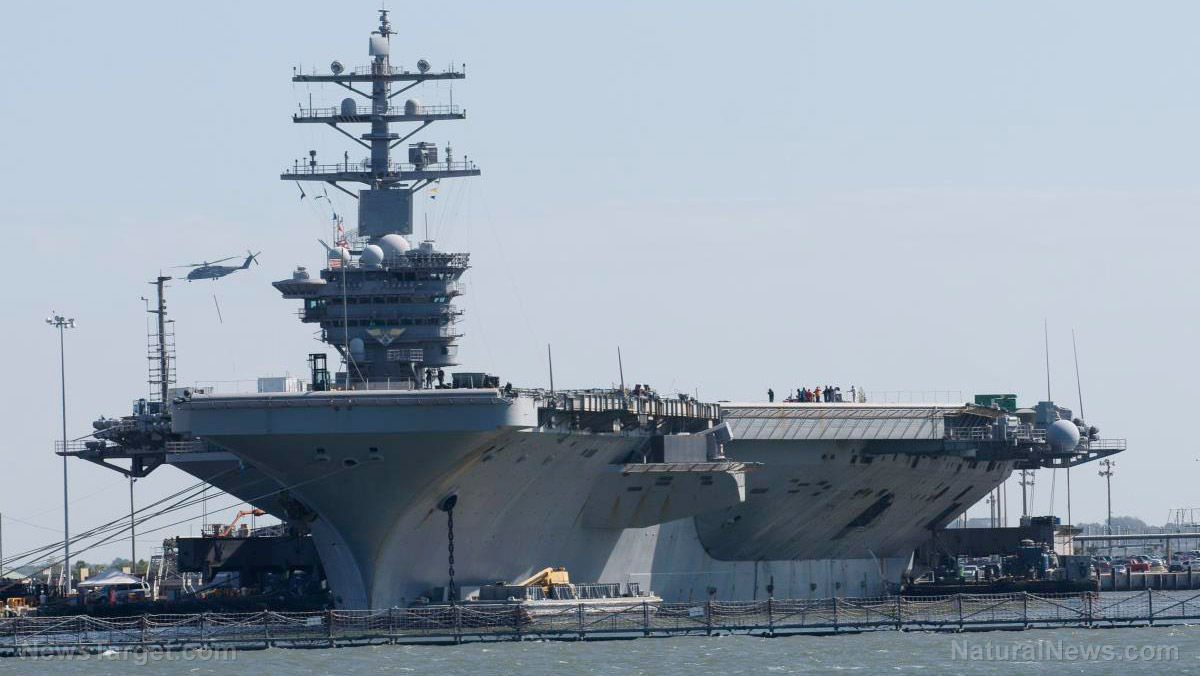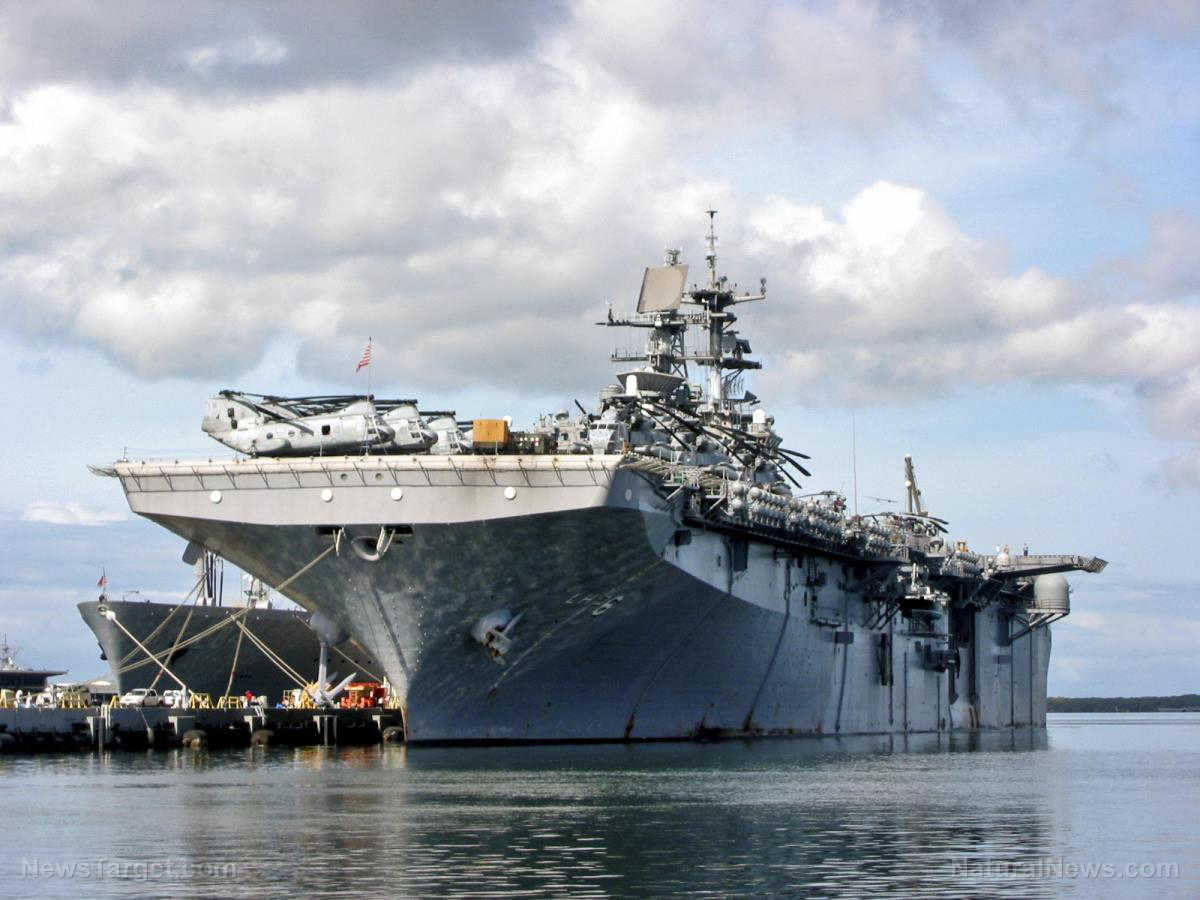Russia threatens to deploy intermediate-range nuclear missiles in Europe as tension with US escalates
12/16/2021 / By Matthew Davis

Russian Deputy Minister Sergei Ryabkov on Monday, Dec. 13, said that Russia may be forced to deploy intermediate-range nuclear missiles in Europe to counter the North Atlantic Treaty Organization’s (NATO) plans to do the same.
Ryabkov’s statement followed a month of escalating U.S.-Russia tension over Ukraine sparked by widespread Western media reports alleging that Russian President Vladimir Putin is preparing for an invasion of Eastern Ukraine by deploying tens of thousands of extra troops near Crimea and the border region.
The Russian threat raised the stakes significantly higher in the U.S.-Russia standoff.
Ryabkov said Russia believes that NATO is moving closer to its own redeployment of intermediate-range nuclear forces. In 1987, Mikhail Gorbachev and Ronald Reagan signed the Intermediate-Range Nuclear Forces (INF) Treaty to prevent a nuclear standoff in Europe. Former President Donald Trump suspended American participation on February 2, 2019 amid Russian and global warnings that Washington’s exit would trigger a new post-Cold War era “arms race.”
The Kremlin accused NATO of building up previously banned weapons in Europe. Ryabkov pointed out that NATO is close to restoring the 56th Artillery Command, which operated nuclear-capable Pershing missiles during the Cold War.
“Lack of progress towards a political and diplomatic solution to this problem will lead to our response being of a military and technical military nature,” said Ryabkov. “That is, it will be a confrontation. Right now there aren’t any, we have a unilateral moratorium. We call for NATO and the U.S. to join this moratorium.”
Observers say that the fresh threat coming from the Kremlin is geared towards having greater leverage to bring NATO back into direct dialogue at the negotiating table. President Joe Biden and Putin already held a two-hour summit wherein the Russian leader pressed Biden on “legal guarantees” that NATO would not conduct any further eastward expansion.
Belarus President Alexander Lukashenko has issued an open invitation for Putin to station nuclear-capable missiles in Belarus, which would be very near NATO-member Poland as well as U.S.-backed Ukraine. (Related: Russia warns Ukraine of full-scale conflict along the country’s eastern border.)
Reuters reported that Lukashenko wants Russian nuclear-capable Iskander missile systems to deploy in the south and west of the country. Lukashenko also told National Defense magazine that he needed the Iskander mobile ballistic missile system. Iskander has a range of up to 500 kilometers (311 miles) and can carry either conventional or nuclear warheads.
Declassified documents show NATO’s promise not to expand
Newly declassified documents revealed that NATO gave former Soviet leader Mikhail Gorbachev assurances that it would not expand past what was then the East German border in 1990.
The documents also showed that multiple national leaders considered rejecting Central and Eastern European membership in NATO from early 1990 through 1991.
George Washington University National Security Archives researchers Svetlana Savranskaya and Tom Blanton wrote: “That discussions of NATO in the context of German unification negotiations in 1990 were not at all narrowly limited to the status of East German territory, and that subsequent Soviet and Russian complaints about being misled about NATO expansion were founded in written contemporaneous memcons and telcons at the highest level.”
Russian leaders accused NATO of extending invitation to Hungary, Poland and what was then Czechoslovakia to join the alliance in 1997 at the Madrid Summit. This, according to the Kremlin, is in contravention of assurances offered to the Soviet Union before its 1991 collapse.
Russian Presidents Boris Yeltsin and Putin have complained bitterly about the expansion of NATO towards their borders despite what they believed were assurances to the contrary.
“What happened to the assurances our western partners made after the dissolution of the Warsaw Pact? Where are those declarations today?” Putin said at the Munich Conference on Security Policy in 2007.
“No one even remembers them. But I will allow myself to remind this audience what was said. I would like to quote the speech of NATO General Secretary Mr. Woerner in Brussels on May 17, 1990. He said at the time that, ‘The fact that we are ready not to place a NATO army outside of German territory gives the Soviet Union a firm security guarantee.’ Where are these guarantees?”
The Russians may have a point. The declassified documents show that Gorbachev only accepted German reunification because he received assurances that NATO would not expand after he withdrew his forces from Eastern Europe. The British also reassured Gorbachev that they could not foresee circumstances under which NATO might expand into Eastern and Central Europe.
But former President Bill Clinton decided in 1994 to expand NATO eastward despite the repeated warnings of legendary diplomat George F. Kennan.
Follow WWIII.news for more news related to tensions between Russia and the United States.
Sources include:
Tagged Under: America, big government, chaos, conspiracy, deception, Europe, Gorbachev, Joe Biden, missiles, national security, NATO, nuclear weapons, Putin, Russia, Ukraine, World War III
RECENT NEWS & ARTICLES
COPYRIGHT © 2018 MILITARYTECHNOLOGY.NEWS
All content posted on this site is protected under Free Speech. MilitaryTechnology.news is not responsible for content written by contributing authors. The information on this site is provided for educational and entertainment purposes only. It is not intended as a substitute for professional advice of any kind. MilitaryTechnology.news assumes no responsibility for the use or misuse of this material. All trademarks, registered trademarks and service marks mentioned on this site are the property of their respective owners.




